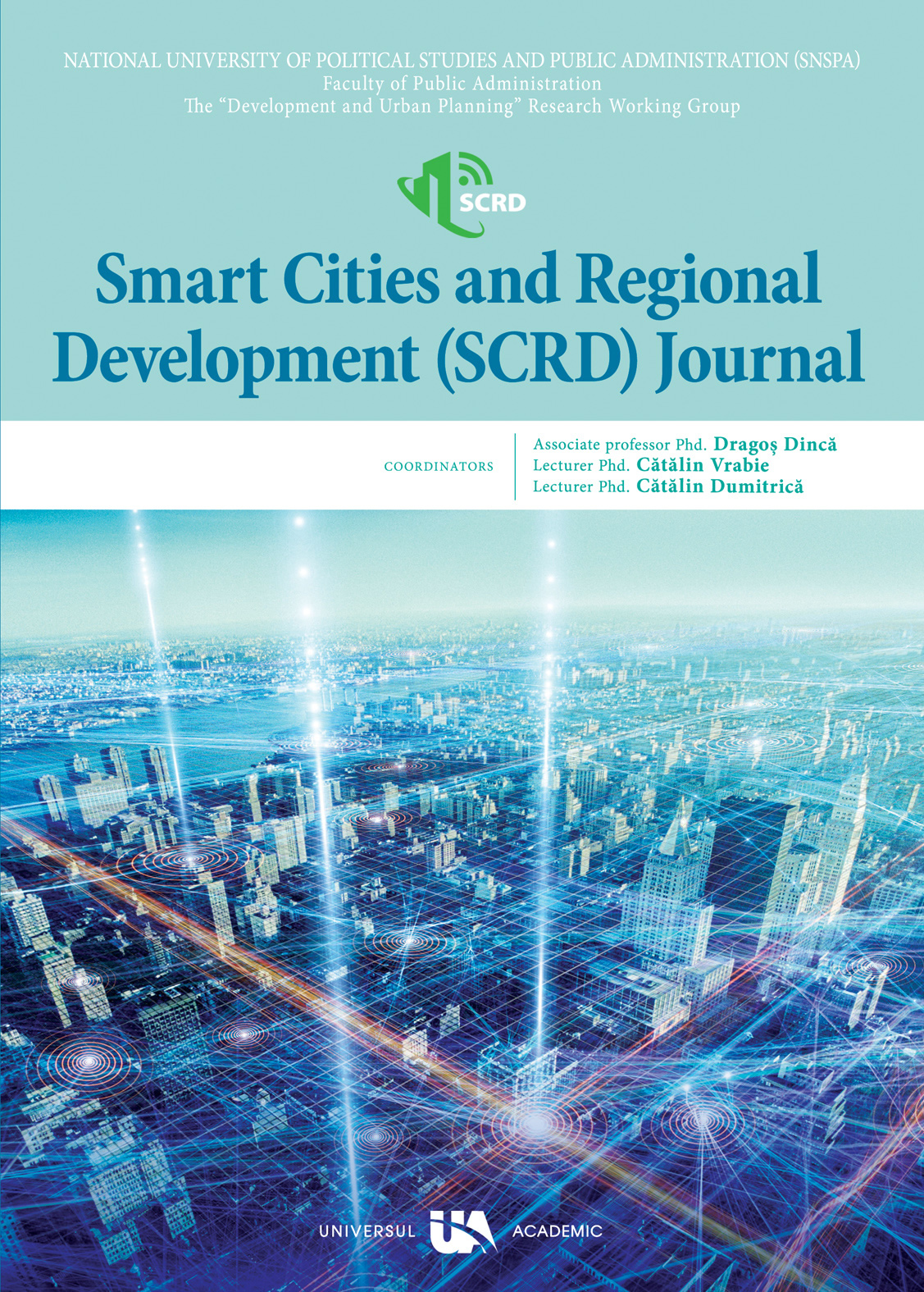General technological competency and usage in public administration education:
General technological competency and usage in public administration education:
General technological competency and usage in public administration education:
Author(s): Judith Kausch-Zongo, Birgit SchenkSubject(s): Politics / Political Sciences, Social Sciences, Education, Political Sciences, Civil Society, Public Administration, Methodology and research technology, Comparative politics, Adult Education, Educational Psychology, State/Government and Education, ICT Information and Communications Technologies, Geopolitics, Distance learning / e-learning, Pedagogy
Published by: Editura Pro Universitaria
Keywords: digital skills; public administration education; e-government; digital readiness;
Summary/Abstract: According to the UN’s E-Government Development Index (EGDI 2020), which distinguishes between rating classes V1/V2/V3, it is part of Rating Class V3. When it comes to the digital maturity of Germany’s public administration the weaknesses have become blatantly obvious during the pandemic. Civil servants’ digital skills are one of the core prerequisites for digitalization in the public sector. Therefore, these skills need to play a key role in public administration education to prepare future civil servants for e-government. Since the first step towards digital skills is general technological competency, we are studying the level of general technological competency among public administration students. Whereas other studies focus on the information technology gap in public administration or on pedagogical aspects of technological skills, our study evaluates public administration students´general technological competency and usage. To do so we reflect different evaluation models and base our survey upon the EILAB´s digital competency profiler (DCP) measuring digital readiness of individuals and groups. The case studied is a Public Administration University of Applied Sciences. The survey results show that e-learning (home studies) phases during the COVID-19 pandemic have contributed little to students´ technological competency and usage. On the contrary, competency and usage during on-the-job training phases in public organizations clearly differ to the off-the-job training phases at the University. Hence, the findings reveal a general technological competency and usage gap between the public administration education and the duties in public administration. Finally, the implications of general technological competency and usage in public administration education are presented and critically reflection based on the chosen EILAB model.
Journal: ORAȘE INTELIGENTE ȘI DEZVOLTARE REGIONALĂ
- Issue Year: VI/2022
- Issue No: 01
- Page Range: 55-65
- Page Count: 11
- Language: English

